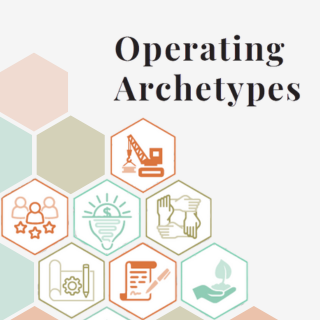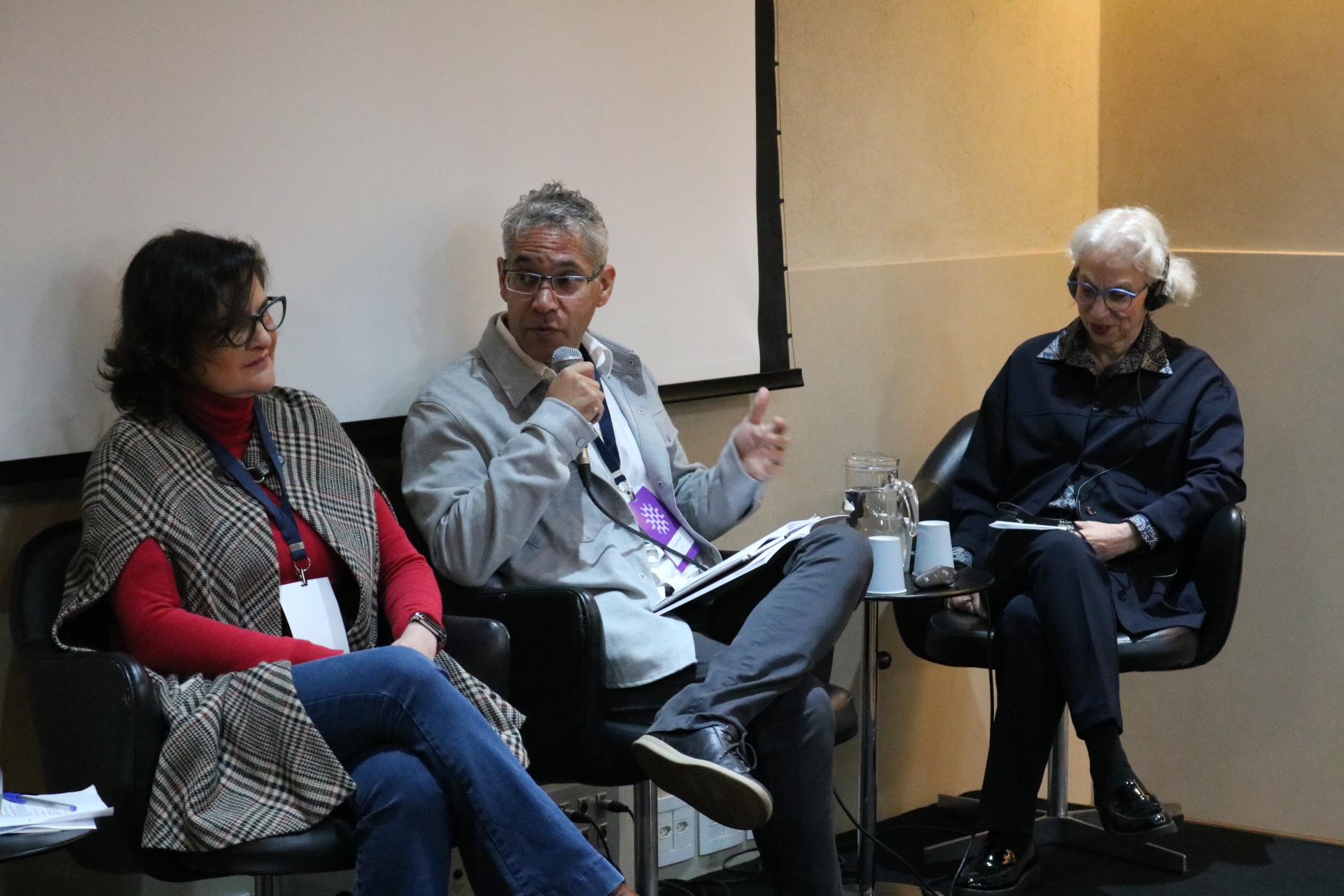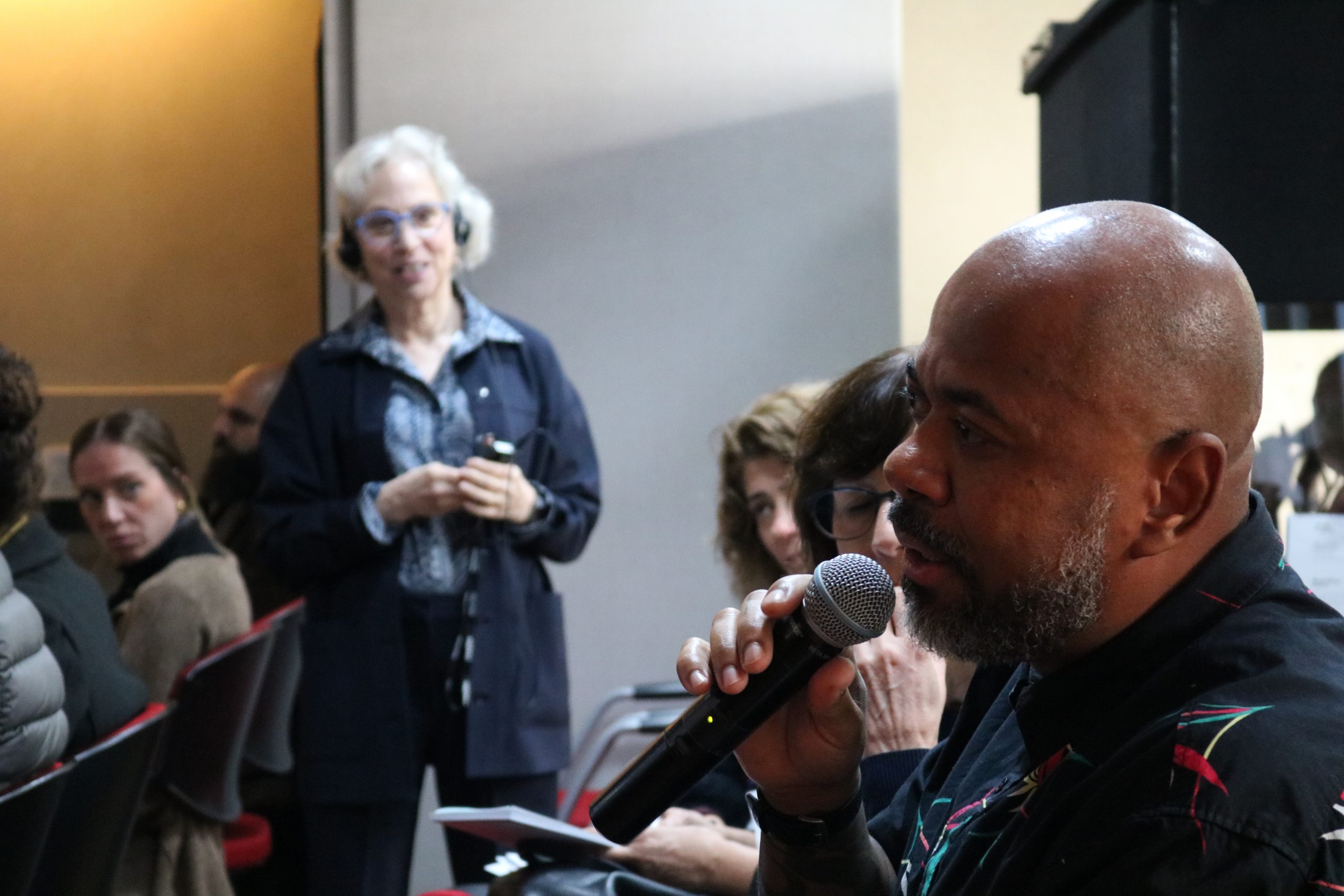On a June morning, IDIS – Instituto para o Desenvolvimento do Investimento Social (Institute for the Development of Social Investment) and RPA – Rockefeller Philanthropy Advisors brought together philanthropists, members of business and family organizations, and civil society organizations for the launch of the brazilian version of ‘Operating Archetypes: Philanthropy’s New Analytical Tool for Strategic Clarity‘. The publication addresses and analyzes the main profiles of philanthropists and social investors, providing guidelines to maximize impact for each type of organization.
The study is an extension of the ‘The Philanthropic Framework’ project, promoted by Rockefeller Philanthropy Advisors in 2019 through interviews with 75 foundations, as well as dozens of working sessions with over 200 funders, experts, and research partners in the United States, Europe, Asia, Africa, and Latin America. The Brazilian version was published in partnership with IDIS, an RPA partner for over 10 years, in order to expand private social investment.
Learn more and download the publication:
Aligning resources with objectives for more effective philanthropy
Melissa Berman, CEO of Rockefeller Philanthropy Advisors and one of the authors of the publication, opened the event by presenting the goals and findings of the study. Melissa explained that the idea arose from the recognition of the need to systematize and renew existing philanthropic models in the face of emerging and growing global challenges. It was necessary for private social investment worldwide to also update itself in order to address such significant issues.
“It is not possible to solve 21st-century problems with a 19th-century philanthropy model”
The CEO of Rockefeller explained that the 8 archetypes were created with the aim of providing a strategic planning guide for organizations, bridging the gap between their ultimate goals, purposes, and available resources.
After the initial presentation, a panel discussion took place on the findings and their implications for the Brazilian philanthropic sector. Moderated by Paula Fabiani (CEO of IDIS), the panel included the participation of Cassio França (Secretary-General of GIFE), Thiago Piazzetta (Project Manager at Boticário Group Foundation), and Patricia Loyola (Director of Social Management and Investment at Comunitas).

Paula Fabiani (IDIS), Thiago Piazzetta (Fundação Grupo Boticário), Cassio França (GIFE), and Melissa Berman (RPA) discussing the publication in the context of Brazilian philanthropy
Piazzetta highlighted the work of Boticário Group Foundation, which supports organizations promoting biodiversity conservation in Brazil. The group was one of the featured cases in the publication and serves as an example of the so-called ‘Venture Catalyst’ archetype, a profile characterized by providing initial funding, often unrestricted, to new or less-established organizations. “We avoid funding large organizations and choose to support smaller and more innovative groups and companies”, says Thiago.
Boticário Group Foundation has already financed 1,600 non-established and innovative environmental conservation initiatives through donations and other financial instruments, including an environmental impact acceleration program to strengthen the investment capacity of the business community.
Cassio França added to the discussion the importance of organizations that apply the Venture Catalyst archetype in their actions to combat inequalities in the brazilian context. According to the Secretary-General of GIFE, this model ensures power to truly innovative and impactful organizations addressing brazilian challenges. “It is one of the most revolutionary aspects that can exist in Brazilian philanthropy”, he indicates.
França also emphasized the importance of understanding the archetypes in the process of decolonizing philanthropy. The concept is based on the understanding of the need to overcome power imbalances within the philanthropic field, so that the mechanism does not perpetuate inequalities but effectively contributes to their eradication.
In this context, Cassio pointed out the archetypes as an excellent tool for philanthropists and social investors to recognize their modes of operation, understand their potential, and contribute effectively to the mitigation of social inequality. “I see this material as a great benefit for the field because it helps organizations understand themselves”, he highlights.
Patricia Loyola enriched the discussion by highlighting the importance of collaboration with the government in enhancing philanthropic actions. She exemplified the strength of the collaboration model through the Together for Health program, an initiative by BNDES managed by IDIS, which combines private sector donations with contributions from BNDES itself for public health projects in the North and Northeast regions of Brazil.
She related this movement to the Campaign Manager archetype, a profile that seeks to bring together experts from different fields, including the public sector, in order to produce more innovative philanthropic initiatives. “The government is familiar with the field and the needs that need to be addressed. It is not possible to partner with the government without recognizing its legitimacy”, she states.
At the end of the panel, Melissa pointed out the need for a review of philanthropic practices and indicated the content of the publication as a path to achieve this transformation. “I don’t think we have a choice but to react to the changes in the world, becoming more diverse, inclusive, and transparent organizations”, she believes.
To conclude the morning of reflections, the team from Rockefeller Philanthropy Advisors (RPA) conducted an interactive workshop on the 8 archetypes with the event participants. They had the opportunity to reflect on which profile best represented their institute’s investment model, with the assistance of the RPA team for identification, and shared their findings with everyone present.
The moment sparked deep reflections among the participants and revealed members who identified their organizations within various archetypes, including the Talent Agency, which identifies and amplifies the voices of individuals and groups who experience the issues more directly and closely; the Field Builder, who strengthens institutions responsible for generating and disseminating scientific perspectives; and the Sower, a model that provides support through diverse sources for the same cause.
Get to know the 8 archetypes and also take the opportunity to understand which model best characterizes your philanthropy. Download the publication here.
About Rockefeller Philanthropy Advisors
Rockefeller Philanthropy Advisors (RPA) is a nonprofit organization that advises and manages over $400 million in annual donations from individuals, families, corporations, and foundations. Founded in 2002, with the aim of continuing the Rockefeller family’s philanthropic legacy, RPA has become one of the largest philanthropic service organizations in the world and has facilitated the distribution of over $3 billion to more than 70 countries. RPA also acts as a fiscal sponsor for over 100 projects.
For more information, please visit www.rockpa.org.






